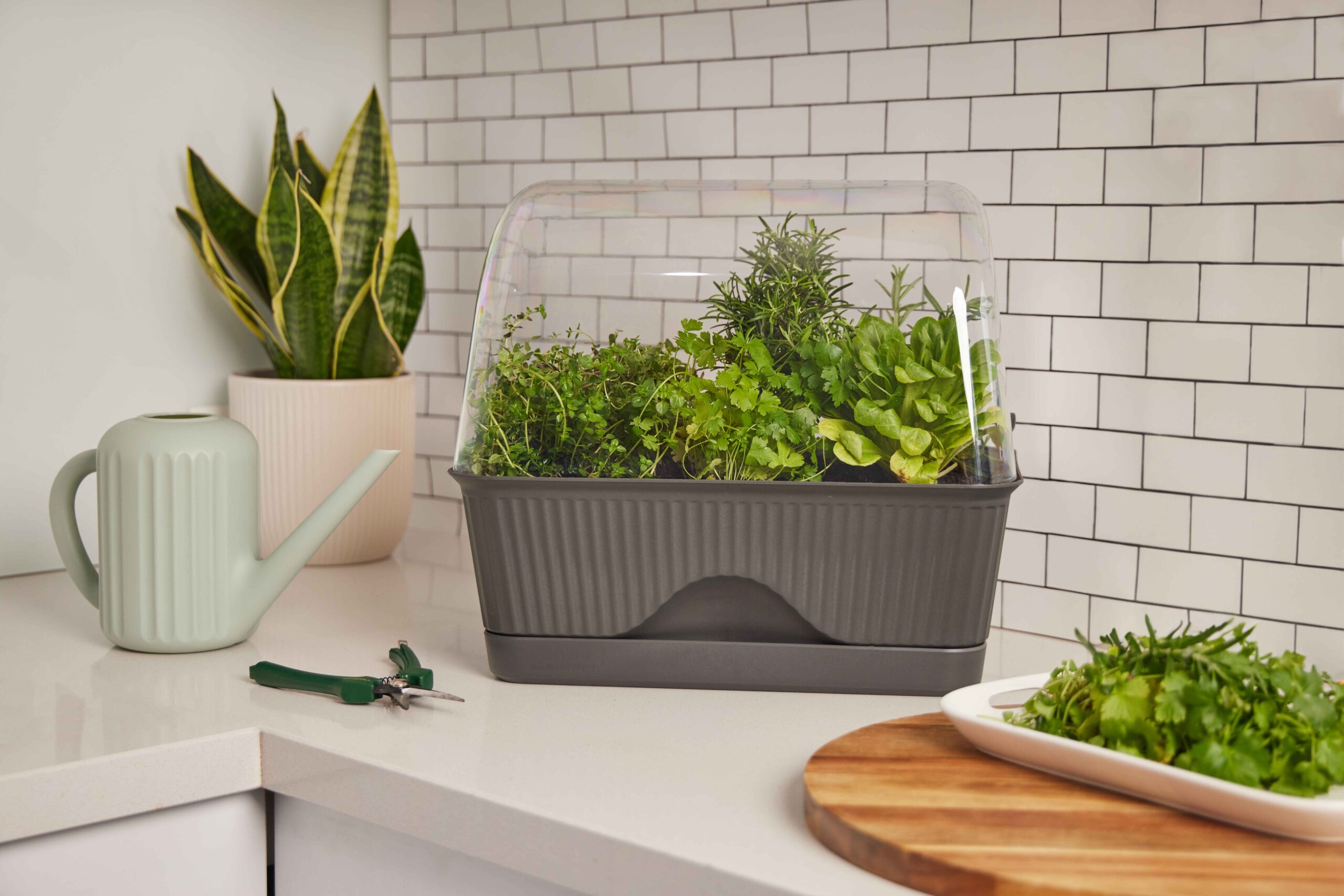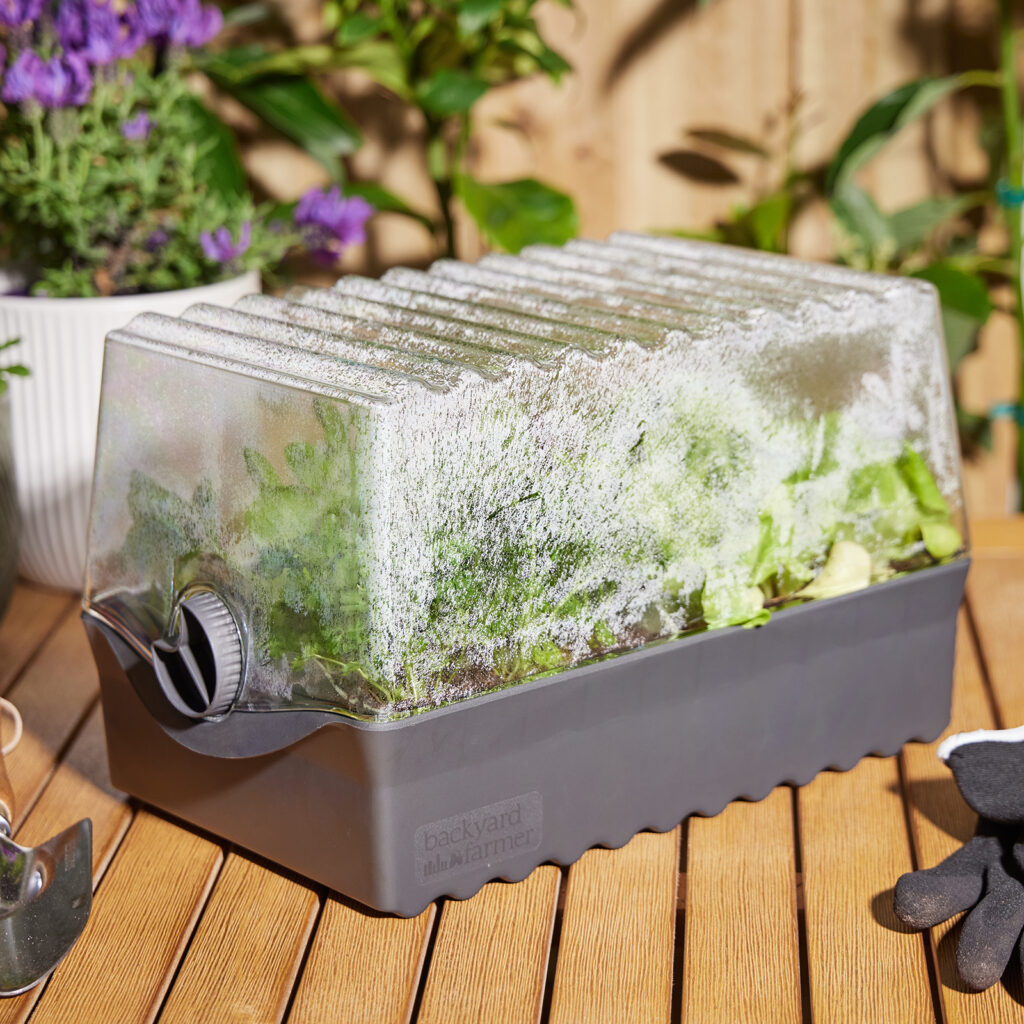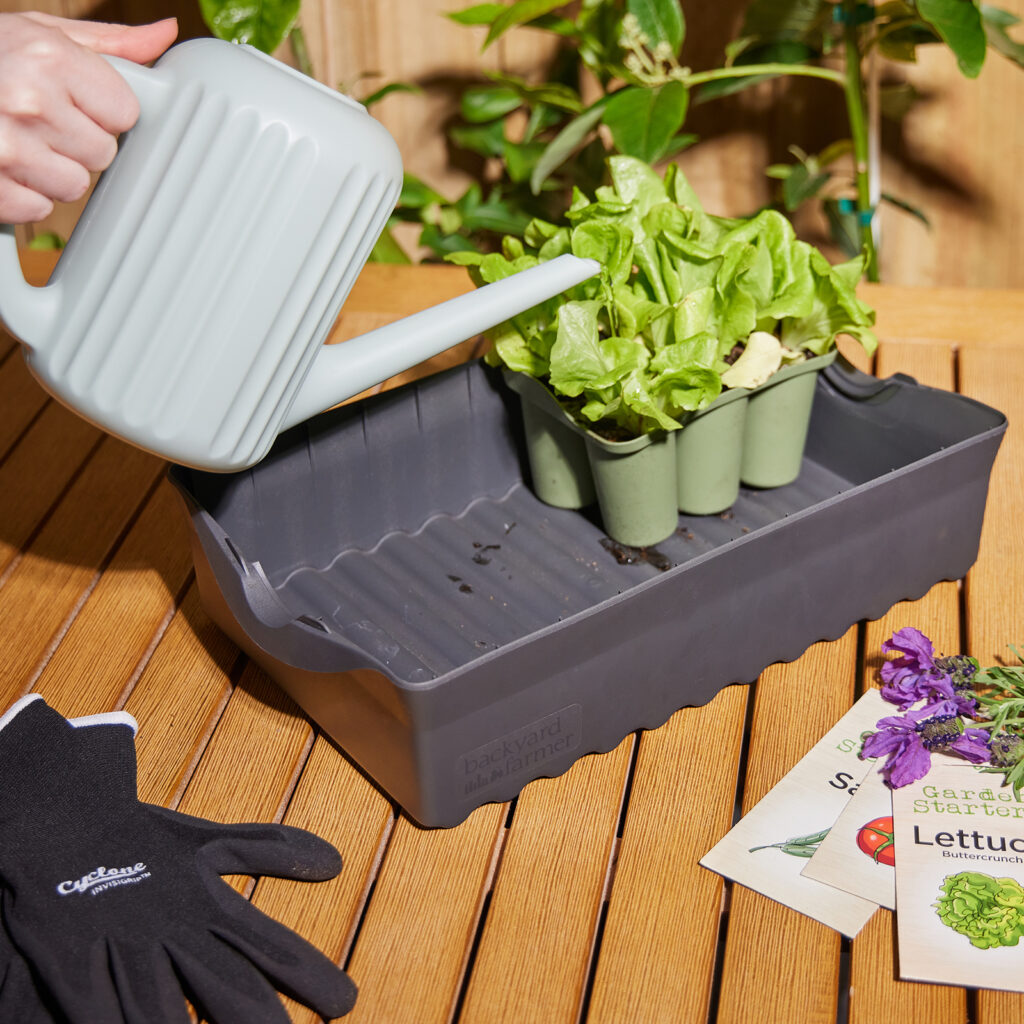
A guide to small space gardening
In an increasingly urbanised world, cities have become synonymous with towering skyscrapers, bustling streets, and a distinct lack of greenery. However, a growing movement is seeking to change that perception by introducing urban gardening as a means of transforming our concrete jungles into lush green havens. Urban gardening is not only a solution to the environmental challenges faced by cities but also a way to reconnect people with nature in the midst of urban chaos.
The Importance of Urban Gardening
- Enhancing Urban Biodiversity: Cities often suffer from a loss of biodiversity due to the dominance of concrete and asphalt. Urban gardening introduces pockets of greenery that provide habitats for various plants and animals, increasing urban biodiversity.
- Improved Air Quality: Urban areas are notorious for air pollution, which can have severe health consequences. Plants are natural air purifiers, absorbing pollutants and releasing oxygen. Urban gardens can significantly contribute to cleaner air.
- Stress Reduction: The hustle and bustle of city life can take a toll on mental health. Urban gardens offer a peaceful retreat, allowing city dwellers to unwind, reduce stress, and improve their overall well-being.
- Food Security: Growing vegetables and fruits in urban gardens can help enhance food security. It reduces the distance food travels to reach consumers, making it a more sustainable and locally sourced option.
Getting Started with Urban Gardening
- Selecting the Right Space: Urban gardens can thrive in various spaces, from balconies and rooftops to community plots and vertical gardens. Choose a space that suits your resources and needs.
- Container Gardening: Limited space? No problem. Container gardening allows you to grow plants in pots or containers. This is perfect for small apartments or balconies.
- Choosing the Right Plants: Select plants that are well-suited for your climate and the available sunlight. Consider growing native plants to support local ecosystems.
- Soil and Composting: Invest in quality soil and consider composting to enrich it further. Healthy soil is essential for the success of your urban garden.
- Water Management: Urban gardens require regular watering, but water conservation is crucial. Install rain barrels, drip irrigation systems, or use water-efficient practices to minimise waste.
Community Involvement
Urban gardening is not just about individual efforts; it’s also about building a sense of community. Here’s how you can involve your neighbors and make a bigger impact:
- Community Gardens: Join or start a community garden where residents can share space, resources, and knowledge.
- Educational Workshops: Organize workshops and gardening classes to teach your neighbors about the benefits and techniques of urban gardening.
- Collaboration: Partner with local schools, businesses, or organizations to create urban gardens that serve multiple purposes, such as educational spaces or green business initiatives.
The Future of Urban Gardening
As urbanization continues, the importance of urban gardening will only grow. Cities around the world are recognizing the value of green spaces and integrating them into urban planning. By 2030, it is estimated that 60% of the world’s population will live in urban areas. Therefore, the need for urban gardening initiatives will become even more critical to combat the challenges associated with urbanisation.


Urban gardening is not just a hobby; it’s a movement that is reshaping our cities and our lives. By bringing nature back into urban environments, we are creating healthier, happier, and more sustainable communities. So, whether you have a small balcony or a vast rooftop, consider starting your urban garden today and contribute to the transformation of our concrete jungles into green havens. Together, we can make our cities more vibrant, resilient, and in harmony with the natural world.
